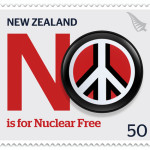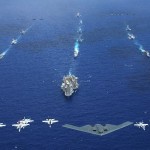Daily Report Archives
Established in December 1993, the Nautilus Institute’s *N*ortheast *A*sia *P*eace and *S*ecurity *N*etwork (NAPSNet) Daily Report served thousands of readers in more than forty countries, including policy makers, diplomats, aid organizations, scholars, donors, activists, students, and journalists.
The NAPSNet Daily Report aimed to serve a community of practitioners engaged in solving the complex security and sustainability issues in the region, especially those posed by the DPRK’s nuclear weapons program and the threat of nuclear war in the region. It was distributed by email rom 1993-1997, and went on-line in December 1997, which is when the archive on this site begins. The format at that time can be seen here.
However, for multiple reasons—the rise of instantaneous news services, the evolution of the North Korea and nuclear issues, the increasing demand for specialized and synthetic analysis of these and related issues, and the decline in donor support for NAPSNet—the Institute stopped producing the Daily Report news summary service as of December 17, 2010.
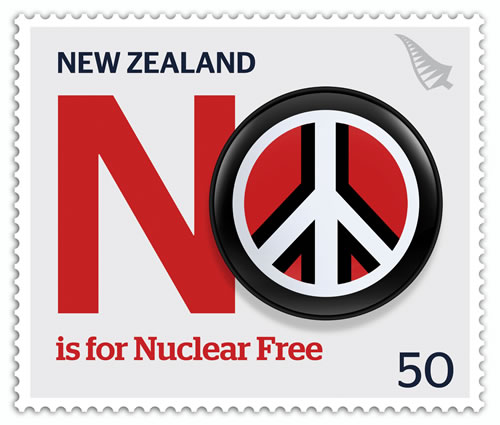
Richard Tanter writes that the recent rapprochement between New Zealand and the United States is born of both shared concerns about the rise of China and American recognition “that the Lange Labour Government’s 1984 policy of banning the entry of nuclear-armed ships is not incompatible with an alliance with the United States.” Tanter concludes that the morale of the story remains that “passage to a nuclear free world will require surely require more New Zealands.
Go to the article

Standing upright there: the New Zealand path to a nuclear-free world
–Richard Tanter, NAPSNet Contributor
The New Zealand visit of US Defense Secretary Leon Panetta to announce resumption of military and intelligence cooperation was a long overdue recognition…
Go to the article
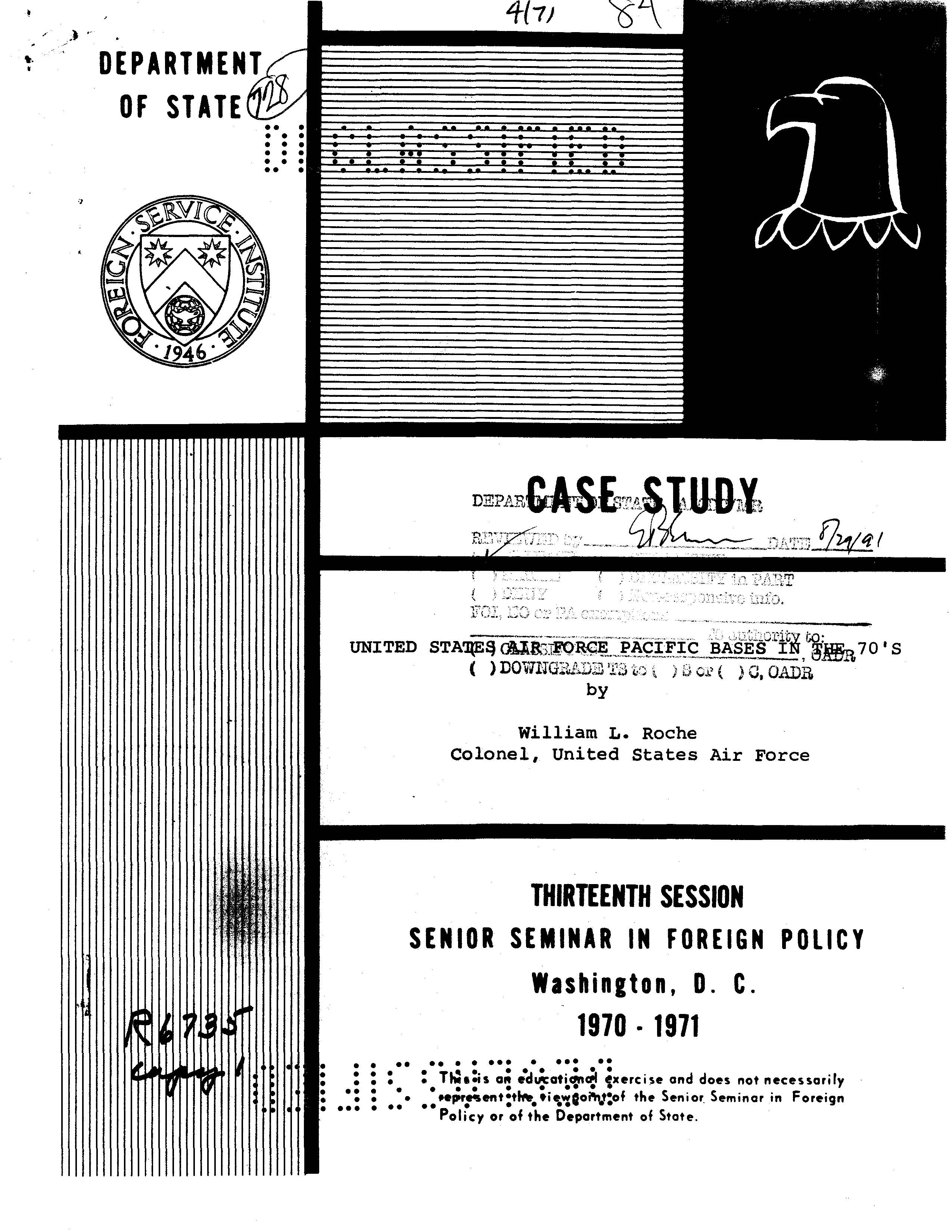
This 1971 case study by Colonel William Roche explores the future role of U.S. air bases in the Pacific with regards to relations with the Republic of Korea, China, Japan (with emphasis on Okinawa) and the Philippines.
Roche states, “The current trend in the pacific, as elsewhere, is to reduce forces, economize and encourage other nations to assume a greater share of the defense burden. This is being accomplished by withdrawal of some units and consolidation of other units, utilizing the same facilities. It also requires continued military assistance to certain Asian allies for a number of years.” (page 10)
This report was released to the Nautilus Institute under the US Freedom of Information Act (FOIA).
Go to the article
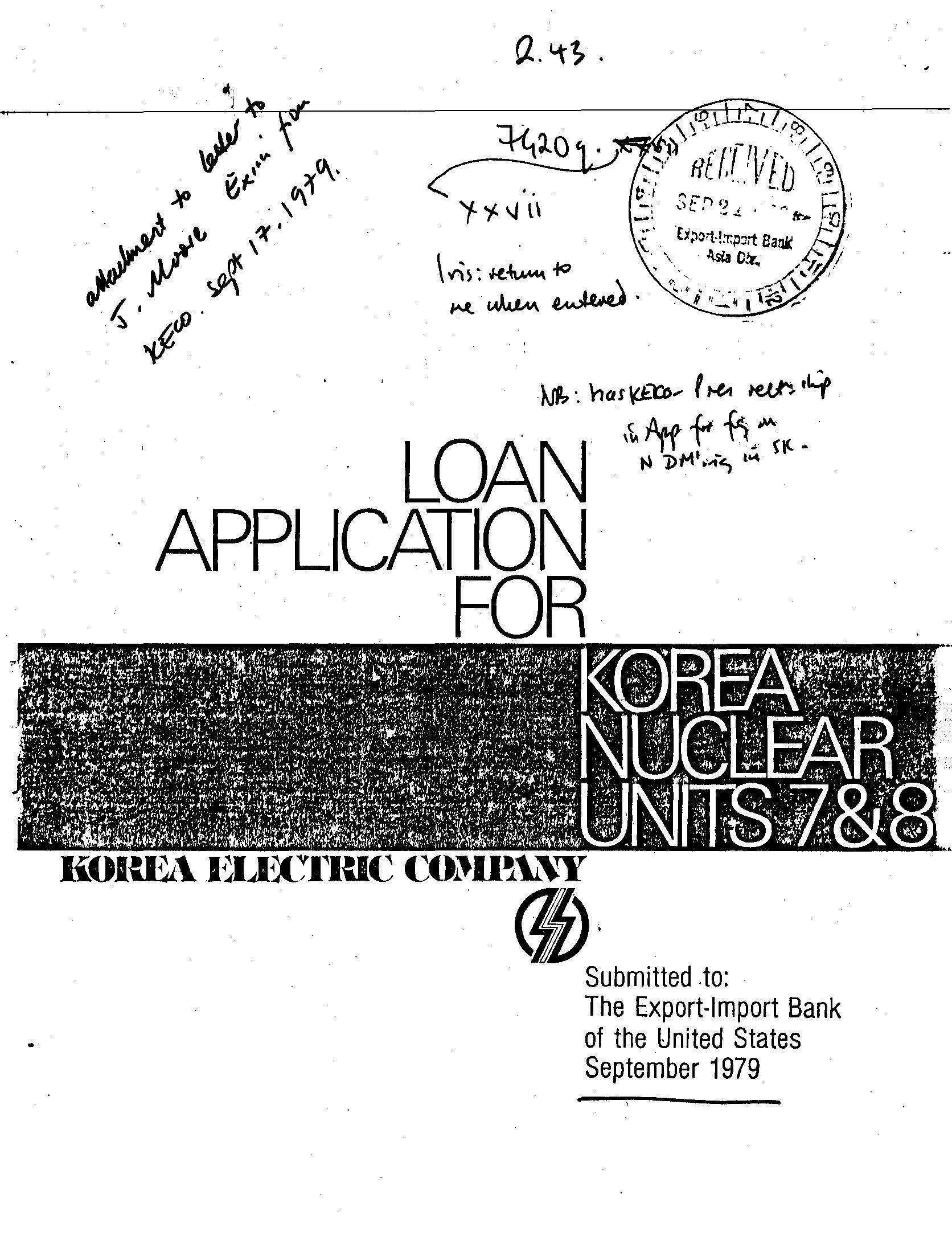
South Korea experienced rapid economic growth in the 1970s which pushed the nation out of it’s post-war destitution. At the time, the Park Chung-hee administration invested massively in heavy industries and, in order to supply more electricity for the country’s new industries and growing citizenry, Park also invested in nuclear energy.
This 1979 report from the Export-Import Bank of the United States examines the finances, project costs, and benefits of lending capital to two nuclear plants in the southwestern area of South Korea known as Units 7 and 8.
This report was released to the Nautilus Institute under the US Freedom of Information Act (FOIA)
Go to the article
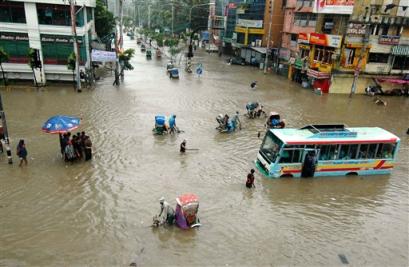
Role of leadership in managing disaster risk
–Saleem Janjua, NAPSNet Contributor
Climate variability and the extreme events (causing floods, droughts and storms) are one of the greatest global concerns. These global concerns have many implications at the local level.
Go to the article
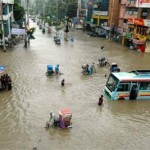
CONTENTS DETERRENCE: US Ex-Im Bank backs $2 bln loan for UAE nuclear plant, Reuters, September 8, 2012 DPRK: US Japan agree to deploy another X-band missile defence radar ENERGY SECURITY: In wake of Fukushima disaster, Japan to end nuclear power by 2030s GOVERNANCE AND CIVIL SOCIETY: South Korean software mogul to stand for presidency CLIMATE CHANGE ADAPTATION: Making cities resilient report […]
Go to the article
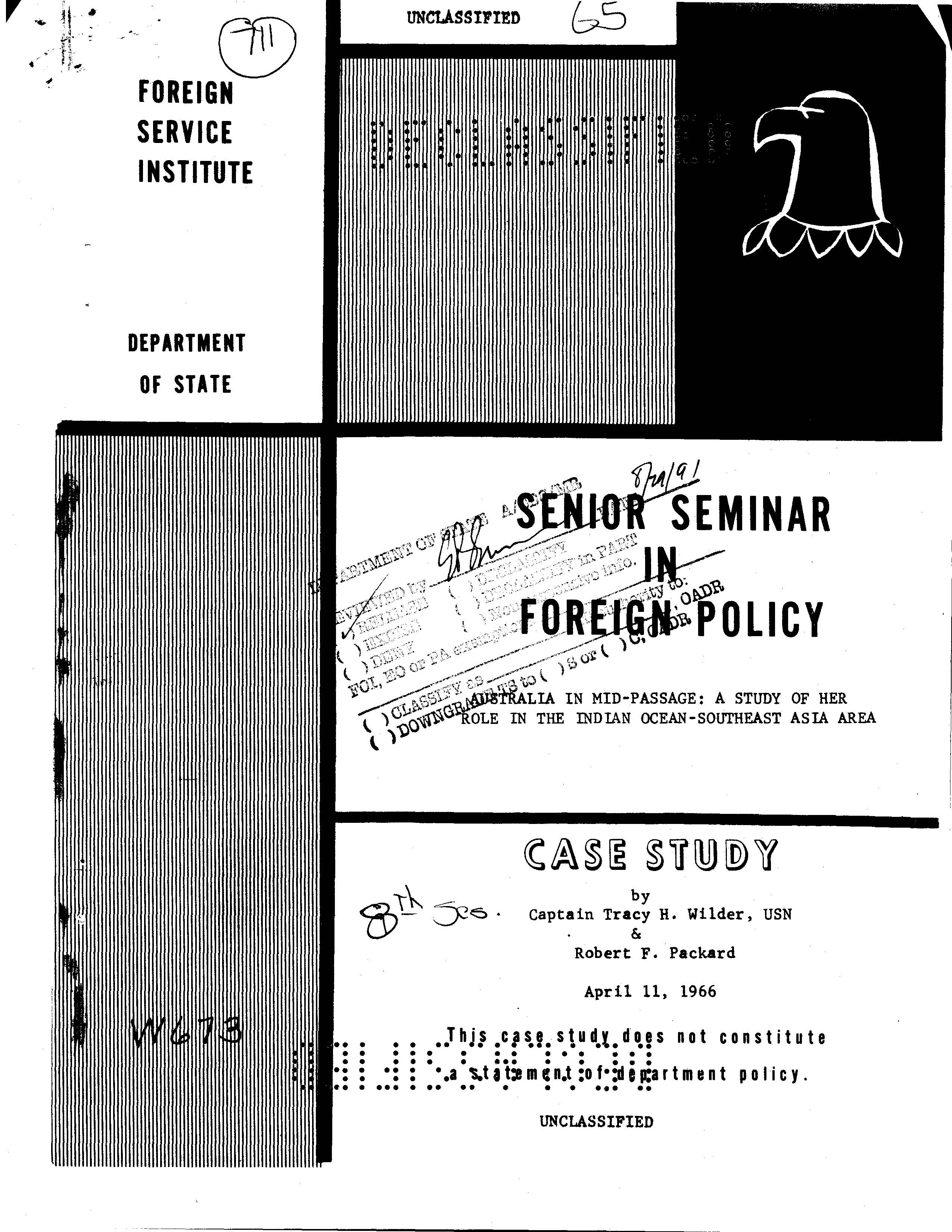
In this 1966 report, Wilder and Packard trace Australia’s development from WWII to the mid-1960s and consider the nation’s projected development. Their findings suggest Australia was and-would continue to become-a key component of Asian economics and politics. All statistics pointed to continued economic growth and substantial increases in trade abroad. The authors analyze Australia’s projected allegiances, level of international cooperation, agricultural development, military development, and increase in labor force.The report also considers external threats to Auatralia’s growth, including the possibility of a Chinese nuclear strike.
This report was released to the Nautilus Institute under the US Freedom of Information Act (FOIA).
Go to the article


